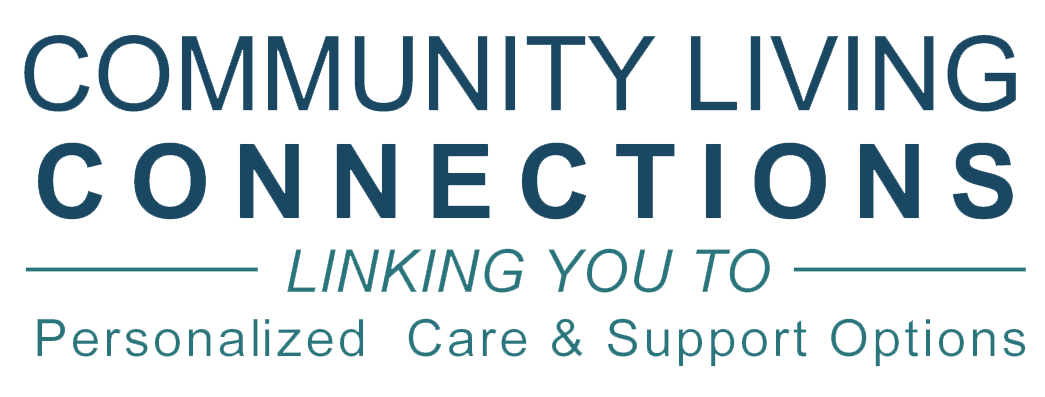Private options

Paying for long-term services and supports with your personal finances
It's hard to predict if you'll need long-term services and supports. It’s also hard to know how much you'll need, what it will cost, and whether family or friends will provide some of the care.
You will likely have to pay for some or all of your long-term services and supports. An increasing number of people are using private financing options to help pay for them.
Personal income and savings
It can be very hard to save enough money to pay for long-term services and supports.
Will you have saved enough if you need long-term services and supports earlier than expected? Can you pay for your own long-term services and supports without taking funds from other vital needs such as your spouse’s living costs?
Long-term care (LTC) insurance
Long-term care insurance purchased from an insurance company can help you fund your long-term services and supports if needed. Long-term care insurance features and benefits may vary from company to company and by policy. Knowing the types of services you may want or need, will help you find the best solution.
To learn more about long-term care insurance, call the Insurance Consumer Hotline at 1-800-562-6900 or visit the Washington State Office of the Insurance Commissioner Long Term Care Insurance webpage.
Disability Insurance
Disability insurance replaces income you lose if you have a long-term illness or injury and cannot work. Disability insurance does not cover the cost of rehabilitation if you are injured. Check your major medical insurance to see if it includes disability coverage.
The Consumer's Guide to Disability Income Insurance explains disability insurance and sources of disability income to help you decide if you need this coverage. It will also help you compare your choices of policies. For a free copy, write to: Health Insurance Association of America, 555 13th St., N.W., Suite 600 East, Washington, D.C. 20004.
Home equity
You may have greatly reduced or paid off your home mortgage by the time you need long-term services and supports. The value of your home may be more than its original purchase price. If so, there are several ways you can use that equity to pay for long-term services and supports.
Sale of your home
One of the hardest decisions you may face is whether to leave your home and move to a more supportive setting. For example, you may choose to move to an adult family home, assisted living facility or other facility-based setting. Consider several factors as you decide whether staying in your own home makes sense:
- For many people, a house that was ideal 30 years ago may now be too hard to handle alone.
- Suburban and rural elders can feel isolated when driving becomes a problem.
- Older people may hesitate to go shopping or attend social activities if they are in a rundown area.
- Location is a factor when looking for good quality, reliable help.
Important considerations
- If you sell your home, you will not be able to pass it on to your heirs.
- The sale price may not be enough to pay for your long-term services and supports needs.
- Market conditions will affect the selling price of your home.
- You may have to pay taxes on the capital gains from the sale of the house. This depends on the sale price compared to your original purchase price and other considerations. Consult your tax advisor for details.
Reverse mortgage
A reverse mortgage is a special type of home equity loan for people aged 62 and older. The homeowner borrows part of the home’s equity. The loan principle and interest are not paid back until the last borrower dies or moves out. You may want to consider this if you plan to live in your own home a long time, but it is not for everyone.
For more information on reverse mortgages, visit the National Council on Aging website and download the consumer booklet or review commonly asked Reverse Mortgages: Your Questions Answered
The Washington LawHelp website is a guide to free civil legal services for low-income persons and seniors in Washington State. It can provide legal information and tools on many topics, including reverse mortgages and about how selling your home can impact Medicaid or other benefit programs. This website is maintained by the Northwest Justice Project; a not-for-profit statewide organization
Life insurance
You may be able to use your life insurance policy to help pay for long-term services and supports. Be sure to review your policy carefully and consult with your insurance agent about options.
Financial Planning
Get more information about financial planning, including investments, annuities, and trusts that could be used to pay for long-term services and supports:
Find a qualified financial planner. The following national organizations supply lists of financial planners by zip code or city. Use their website or call them to find a financial planner where you live.
- National Association of Personal Financial Planners or call 800-366-2732
- The Financial Planning Association or call 800-322-4237
- The American Institute of CPAs or call 888-999-9256.
Make sure the person is properly licensed and does not have complaints or disciplinary problems filed against him or her or the firm. Contact the National Association of Securities Dealers (NASD) visit their website or call the BrokerCheck Hotline at (800) 289-9999 to find out this information.
Learn more about Questions to Ask When Choosing a Financial Planner from the Certified Financial Planner Board of Standards.
Contact the Financial Industry Regulatory Authority (FINRA): visit their website or call 800.295.7422 to find out this information.
Connect with Your Local CLC.
Washington’s Community Living Connections staff are available to help you explore your options to meet your current needs or create a plan for the future.Connect now
How much will services cost?
Learn the average annual costs of different kinds of care in your state:LEARN NOW
How will I pay for services?
Estimate whether your savings plan can meet your future long-term service and support needs.Estimate Now




